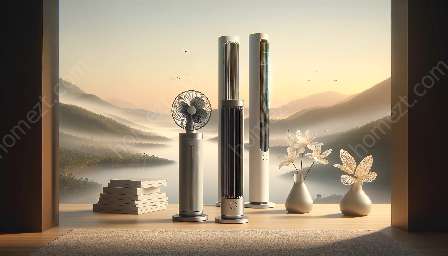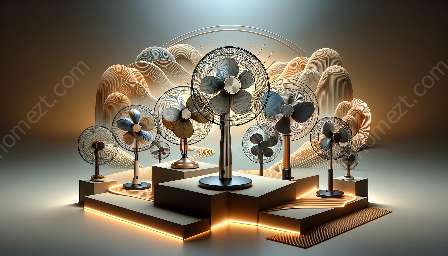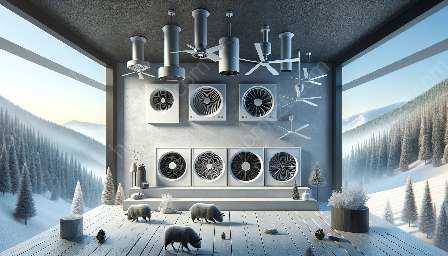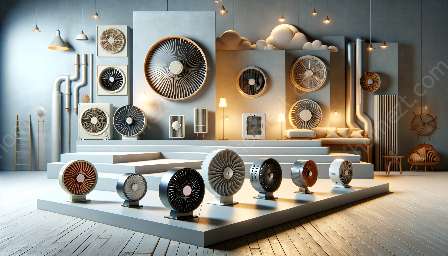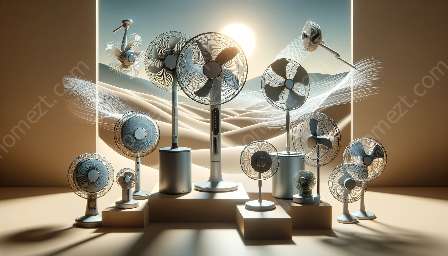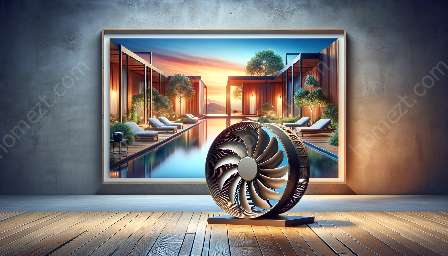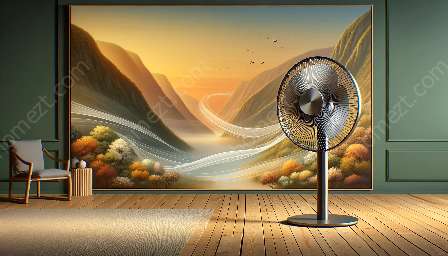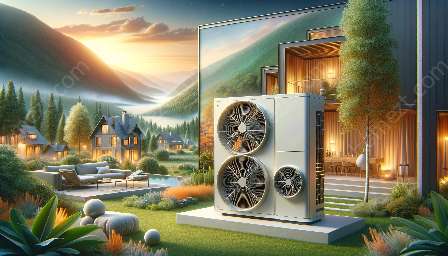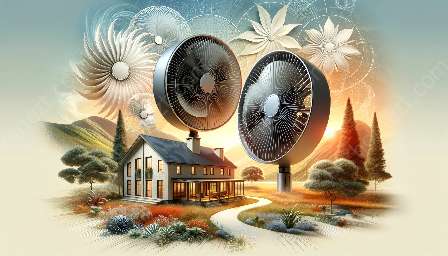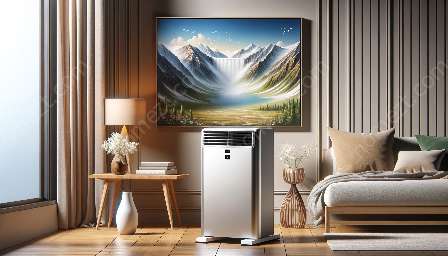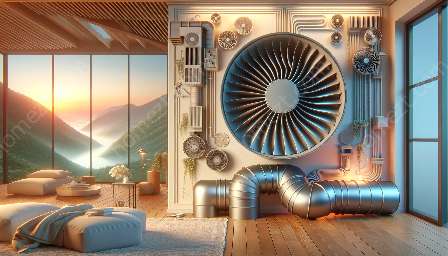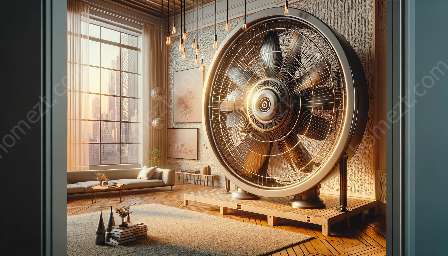When it comes to maintaining a comfortable and efficient environment, commercial fans play a crucial role in a wide range of industries. From keeping warehouses cool to improving air quality in commercial kitchens, the right commercial fans can make all the difference.
The Importance of Commercial Fans
Commercial fans are essential for businesses in various sectors, including manufacturing, retail, hospitality, and healthcare. These fans are designed to provide high-performance air circulation and cooling, helping to create a more comfortable and productive working environment.
Types of Commercial Fans
There are several types of commercial fans, each catering to different needs and environments. Axial fans, centrifugal fans, exhaust fans, and ventilation fans are among the most common types used in commercial settings. Each type has its own unique features and benefits, making it suitable for specific applications.
Axial Fans
Axial fans are known for their ability to move large volumes of air at low pressures. These fans are often used for general ventilation and cooling purposes in commercial spaces such as warehouses, workshops, and production facilities.
Centrifugal Fans
Centrifugal fans, on the other hand, are capable of generating higher pressures, making them ideal for applications that require air to be moved over longer distances or through ductwork. These fans are commonly used in HVAC systems and industrial processes that demand more powerful air circulation.
Exhaust Fans
Exhaust fans are designed to remove stale air, odors, and contaminants from commercial spaces, such as kitchens, restrooms, and manufacturing plants. By expelling unwanted air and replacing it with fresh outdoor air, exhaust fans contribute to a healthier indoor environment.
Ventilation Fans
Ventilation fans are crucial for maintaining proper air quality and controlling humidity levels in commercial buildings. They help to prevent the buildup of mold, mildew, and other harmful substances, ensuring a safe and comfortable indoor environment for occupants.
Benefits of Commercial Fans
The use of commercial fans offers numerous advantages, including:
- Improved Air Circulation: Commercial fans help to distribute air more effectively, preventing stagnation and maintaining consistent temperatures throughout the space.
- Energy Efficiency: Many modern commercial fans are designed to minimize energy consumption while delivering powerful performance, helping businesses reduce their operational costs.
- Enhanced Comfort: By creating a more comfortable environment, commercial fans can boost employee productivity and customer satisfaction, especially in retail and hospitality settings.
- Healthier Indoor Air: Proper ventilation and air circulation contribute to better indoor air quality, reducing the risk of respiratory issues and other health concerns.
- Noise Reduction: Some commercial fans are engineered with noise-reducing features, ensuring a quieter working environment without sacrificing performance.
Applications of Commercial Fans
Commercial fans are widely used in various applications, including:
- Warehouses and Distribution Centers: Keeping these large spaces well-ventilated and cool is essential for preserving inventory and ensuring the comfort of employees.
- Commercial Kitchens: Exhaust fans are critical for removing cooking fumes, steam, and odors to maintain a clean and safe kitchen environment.
- Manufacturing Facilities: Industrial fans are used for process cooling, equipment ventilation, and maintaining optimal working conditions for employees.
- Retail Stores: Fans are utilized to create a welcoming atmosphere for customers and to regulate temperature and humidity levels.
- HVAC Systems: Commercial fans are integral components of heating, ventilation, and air conditioning systems, ensuring efficient air distribution and regulation.
Choosing the Right Commercial Fan
When selecting commercial fans for specific applications, it is important to consider factors such as airflow requirements, space constraints, noise levels, energy efficiency, and installation options. Working with experienced fan manufacturers and suppliers can help ensure that businesses choose the most suitable fans for their unique needs.
Conclusion
Commercial fans are indispensable for numerous industries and commercial spaces, contributing to better air quality, energy efficiency, and employee comfort. Understanding the different types of commercial fans and their applications is crucial for making informed decisions when it comes to air circulation and ventilation in commercial environments.




